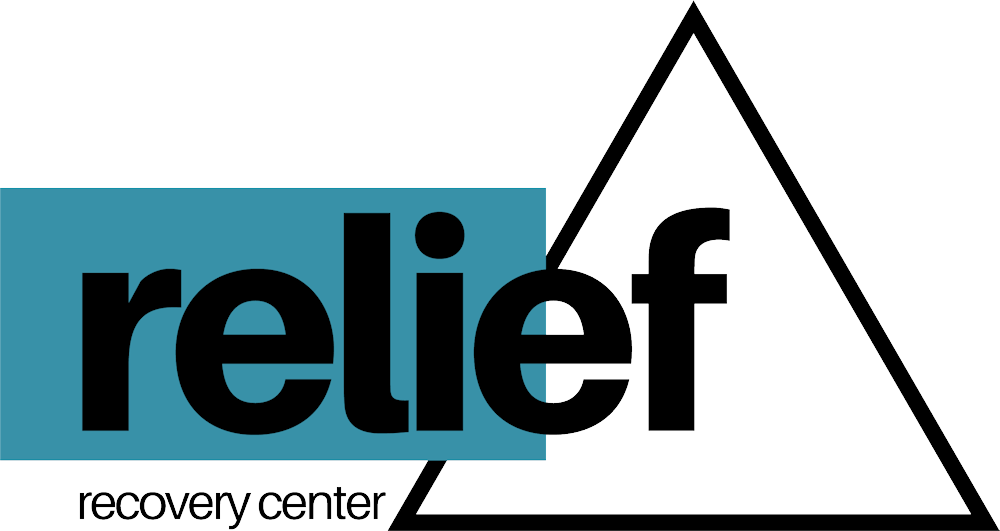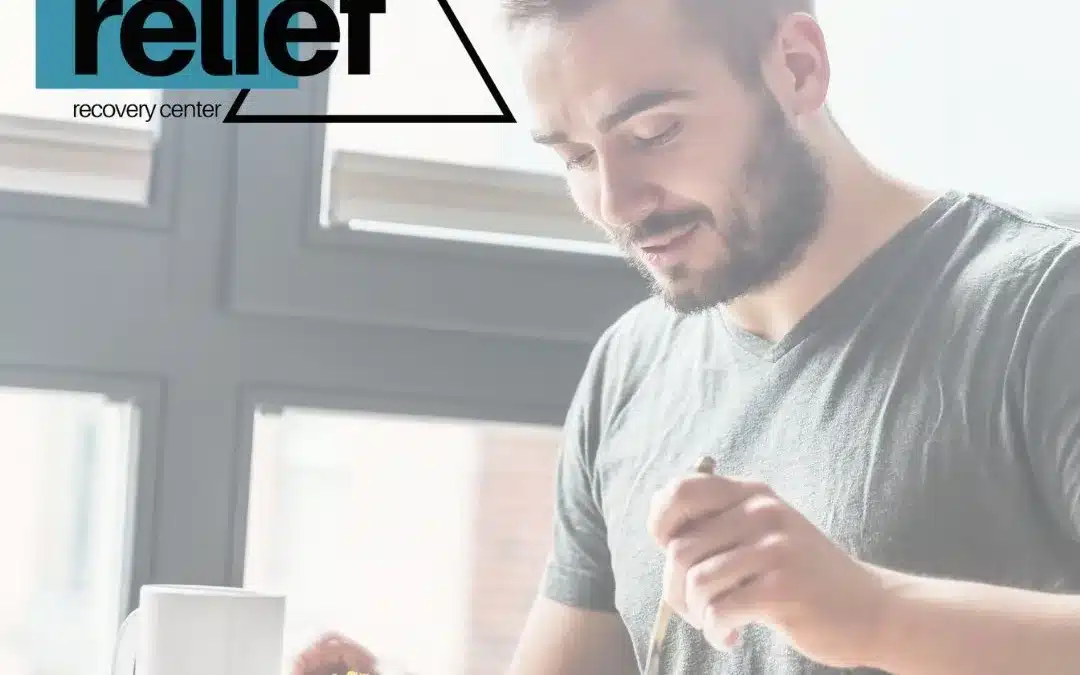The journey of addiction recovery is a deeply personal one. There will be stumbles and triumphs, moments of doubt and clarity. Through it all, writing can be a powerful tool for self-expression, reflection, and growth. A recovery journal becomes a safe space to explore your thoughts and feelings, track your progress, and celebrate your achievements.
Why Journaling is Essential for Recovery
Addiction is a complex disease that can impact every aspect of a person’s life. It can lead to feelings of isolation, shame, and despair. Journaling provides a confidential outlet to express these difficult emotions without judgment. By putting pen to paper, you can begin to understand the root causes of your addiction and the triggers that may lead to relapse.
Here are just a few of the benefits of journaling for recovery:
- Increased Self-Awareness: Journaling encourages introspection. As you write about your experiences, you can start to identify patterns in your thoughts and behaviors. This self-awareness is crucial for developing healthy coping mechanisms and preventing relapse.
- Stress Reduction: The act of writing itself can be incredibly therapeutic. Putting your worries and anxieties down on paper can help to release tension and promote relaxation.
- Improved Emotional Processing: Journaling allows you to explore the full range of your emotions in a safe and supportive environment. This can be especially helpful for individuals struggling to express themselves verbally.
- Goal Setting and Tracking Progress: A recovery journal can be a valuable tool for setting goals and tracking your progress. By writing down your goals and regularly reflecting on your achievements, you can stay motivated and celebrate your successes.
- Identification of Triggers: Through journaling, you can begin to identify the people, places, and situations that trigger your cravings. Once you are aware of your triggers, you can develop strategies to avoid them or cope with them in a healthy way.
Getting Started with Your Recovery Journal
There is no right or wrong way to keep a recovery journal. The most important thing is to find a method that works for you. Here are a few tips to get you started:
- Find a Comfortable Space: Choose a quiet and private place where you can write freely and without interruption.
- Choose Your Tools: You can use a traditional pen and paper notebook, a digital journal app, or even a voice recorder. Experiment and find what feels most comfortable for you.
- Set Aside Time: Dedicate some time each day, even if it’s just for a few minutes, to write in your journal.
- Be Honest: The most important thing is to be honest with yourself in your writing. Don’t be afraid to express your deepest thoughts and feelings.
- Don’t Edit: There is no need to worry about grammar or spelling. The goal is simply to get your thoughts and feelings down on paper.
Prompts to Inspire Your Recovery Journaling
If you’re feeling stuck and not sure what to write about, here are a few prompts to get you started:
- What are you grateful for today?
- What challenges are you facing in your recovery?
- What are your triggers?
- What coping mechanisms are working for you?
- What are your long-term goals for recovery?
- Write a letter to your past self or your future self.
- Describe a time when you felt proud of yourself in your recovery.
In addition to the prompts above, you can also use your journal to:
- Track your moods and cravings.
- Reflect on your therapy sessions.
- Write down your dreams.
- Create affirmations or mantras to support your recovery.
- Express your creative side through poetry or short stories.
Remember, there are no rules when it comes to journaling. The most important thing is to find a way to use writing to support your recovery journey.
Additional Resources for Recovery
If you are struggling with addiction, there are many resources available to help you.
- The National Institute on Drug Abuse (NIDA) offers a wealth of information on addiction and recovery [1].
- The Substance Abuse and Mental Health Services Administration (SAMHSA) also has a website with resources for finding treatment and support [2].
- You can also find support groups in your area through these organizations.
Internal Links:
- Relief Recovery Center offers various addiction treatment programs to support you in your recovery journey. Learn more about our programs https://wewantrelief.com/who-we-treat/
- Individual therapy can be a powerful tool for addressing the underlying causes of addiction. Read more about our individual therapy services
Making Journaling a Habit
Like any new skill, journaling takes practice. The more you write, the easier it becomes, and the more benefits you’ll experience. Here are a few tips to help you make journaling a daily habit:
- Set Realistic Expectations: Don’t expect to write pages and pages every day. Start with a small goal, such as writing for five or ten minutes each day.
- Keep Your Journal Accessible: Leave your journal in a visible place to remind yourself to pick it up.
- Write at a Consistent Time: Find a time of day that works well for you to write, such as first thing in the morning or before bed.
- Don’t Be Afraid to Experiment: Explore different journaling techniques, such as free writing, lists, or even drawing.
- Be Kind to Yourself: There will be days when you don’t feel like writing. That’s okay. Just pick up your journal and start again when you’re ready.
The Transformative Power of Sharing Your Writing
While journaling can be an intensely personal practice, there is also value in sharing your writing with others. Sharing your recovery journal can provide support, accountability, and a sense of community.
Here are a few ways to share your writing:
- Support Groups: Many addiction recovery support groups encourage members to share their journal entries.
- With a Therapist: Your therapist can provide valuable feedback and help you to process your thoughts and feelings in a safe and supportive environment.
- With a Trusted Friend or Family Member: Sharing your writing with a loved one can deepen your connection and provide additional support on your recovery journey.
Important note: If you do decide to share your writing, ensure it is with someone you trust and who will respect your privacy.
Moving Forward on Your Recovery Journey
Recovery is a lifelong process with ups and downs. Your recovery journal can be a constant companion throughout your journey, offering you a space for self-reflection, growth, and healing.
References
- National Institute on Drug Abuse: https://nida.nih.gov/
- Substance Abuse and Mental Health Services Administration: https://www.samhsa.gov/




